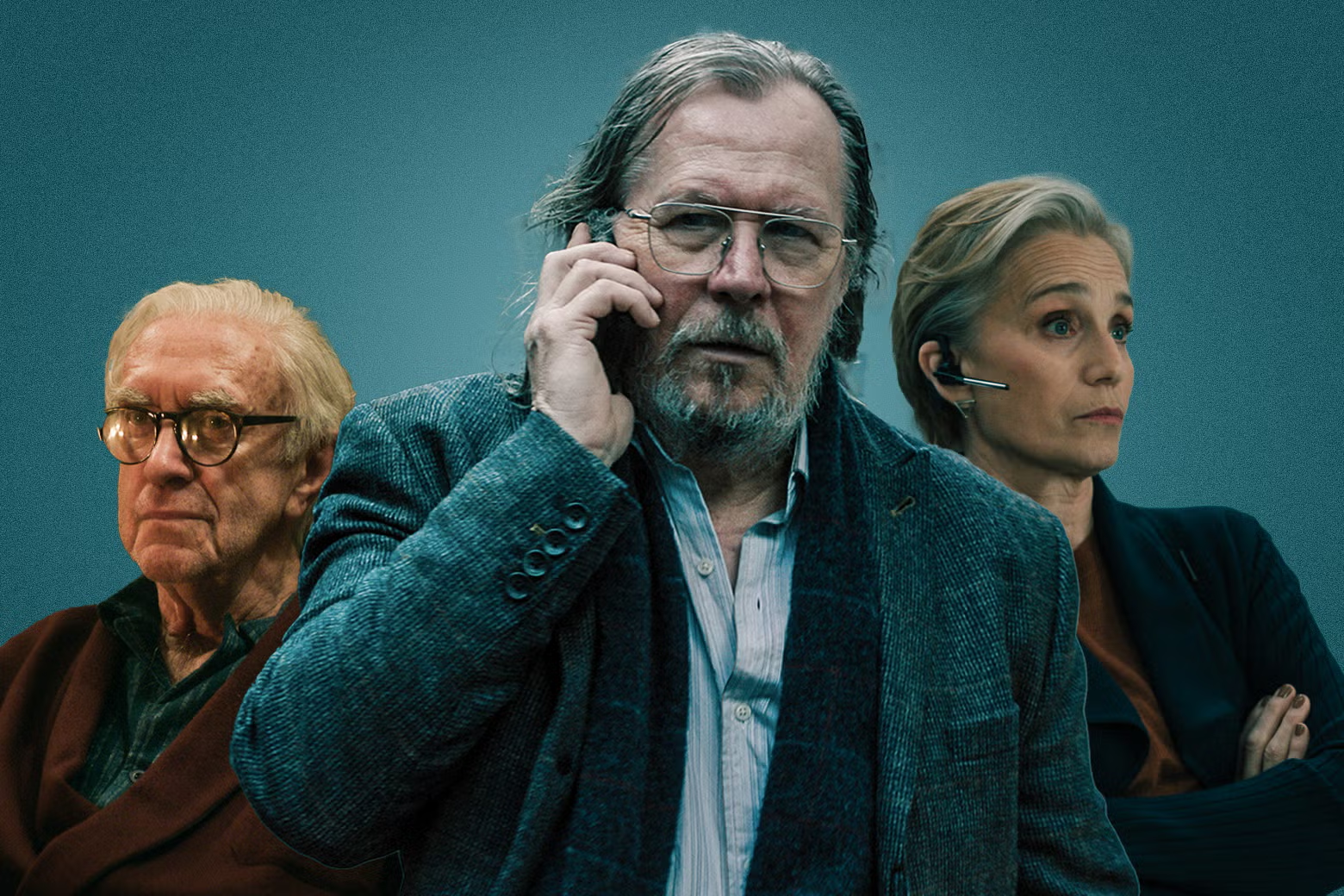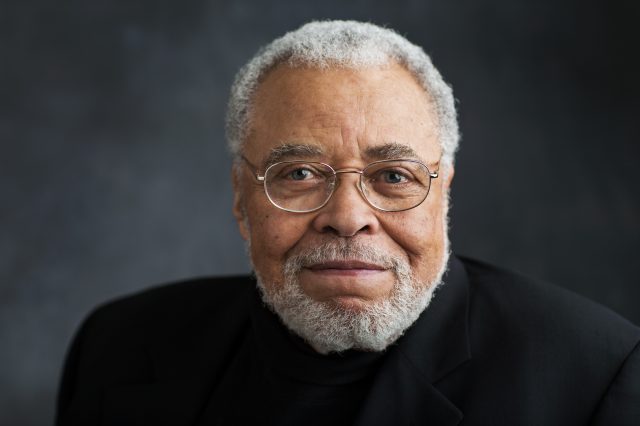I grew up in Birmingham during my formative years. Not inner‑city Birmingham, not the grey belt of suburbia that encloses the city; I grew up in Walmley in the Royal Borough of Sutton Coldfield.
Forty or so years ago Walmley was still a village. Even then it was being swallowed by the suburbanisation of the brown and green‑belt land that bordered it. Now the village heart has been absorbed into the sprawl. Schools in the area were good and provided a steady stream of talented pupils for Birmingham’s eleven‑plus grammar schools, myself included. Affluence was common despite economically deprived council estates nearby. The place was leafy and crime rates were unremarkable for similar demographics across the UK.
Like many such places in Birmingham and elsewhere in the country, Walmley was as broad and diverse as it was inward and narrow. The diversity consisted of multiple strata of white socioeconomic groups, enclosed and segregated from one another by house prices and the cost of daily life. The converse was true in the inner city, where ethnic minorities often organised themselves around cultural, socioeconomic and religious ties.
We were a rarity in Walmley Village. I was one of very few non‑Caucasian children at the local primary school. Other Asian and South Asian children there shared our socioeconomic background and, broadly speaking, the same life chances as many white families in the area. Yet humans rarely see similarities when appearance differs, especially skin colour. That was my experience, and the experience of others, growing up there.
I call it polite discrimination. The overwhelming sensation that you do not belong, that you will never belong, but that you are welcome to sample the culture so long as you endeavour to assimilate and do not draw attention to your differences.
There was also an underbelly of overt racism. Even as a child it was shocking to walk past graffiti that read “Pakis go home.” I felt unexpected embarrassment and humiliation; being the target of that abuse was no different from being shouted at in the street. Perhaps it was not the racism itself that embarrassed me most — I was, after all, a typical adolescent — but the public humiliation, which I loathed.
You grow resilience, but the experience breeds a guardedness and a suspicion of strangers: are they the racists? Much of the graffiti appeared on the fence outside the Royal British Legion social club, so it did not take long to conclude where the culprits might be drawn from.
Another recurring episode of threatening behaviour occurred while I waited each morning for a lift to secondary school with my best friend and his father. Two boys from a local comprehensive took it upon themselves to push my brother and me around and hurl racist insults on their walk to catch the bus. I would sometimes push back. This continued for a couple of years, then abruptly stopped when I hit an early growth spurt; thereafter they avoided eye contact and muttered under their breath as they passed.
I recount this to make a wider point: social groups naturally coalesce along lines of similarity. In the evolution of communities those lines are often drawn by education, socioeconomic status and religion. Individuals who look different from the majority cannot deploy those same markers to find a belonging; they are reclassified according to ethnicity and cultural difference. Place a group of British people together in a foreign country and they will coalesce by nationality, ethnicity and culture, juxtaposed against the local community.
Until we learn how to address this exclusive instinct that lives in all of us, we cannot advance modern multicultural societies. Like children, we need to recognise our similarities rather than fixate on the traits that separate us.
Where I live now — a modest Buckinghamshire village I am proud to call home — I have been in the minority for the last twenty years, but in terms of the attributes that shape a community I share much common ground with my fellow villagers.
When the shadow justice secretary Robert Jenrick made his remarks about Handsworth they were ignorant rather than malignant and demonstrated a failure to understand basic human behaviour; they were disrespectful and intimidating, revealing a blinkered view that obscures the many similarities Handsworth shares with neighbouring white‑majority areas.
Comments of that kind sit alongside the tired idea that “immigrants should support the England cricket team if they come here.” The national team someone supports along with their religion or the colour of their skin or the country of their birth, is irrelevant to building a nurturing, protective and progressive society.
|SUPPLEMENTAL
For balance here is an interview with Robert Jenick from the Conservative Party Conference hosted by the Telegraph.






